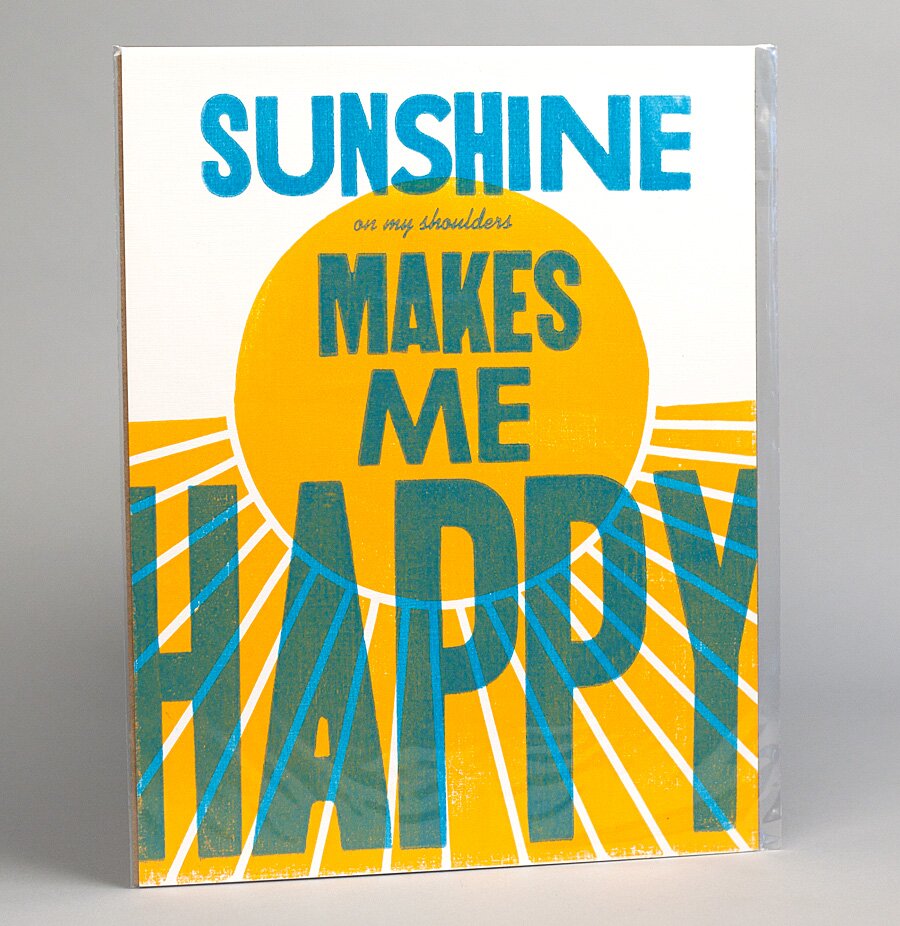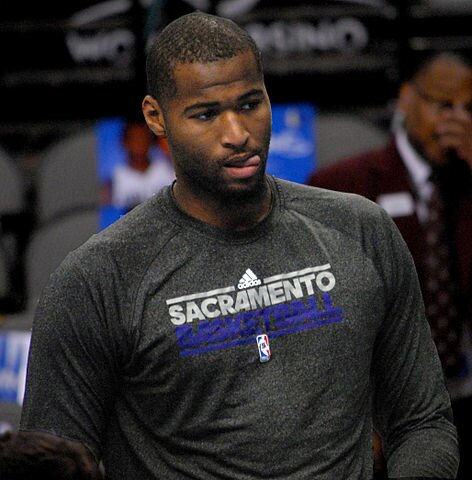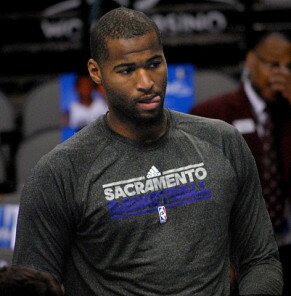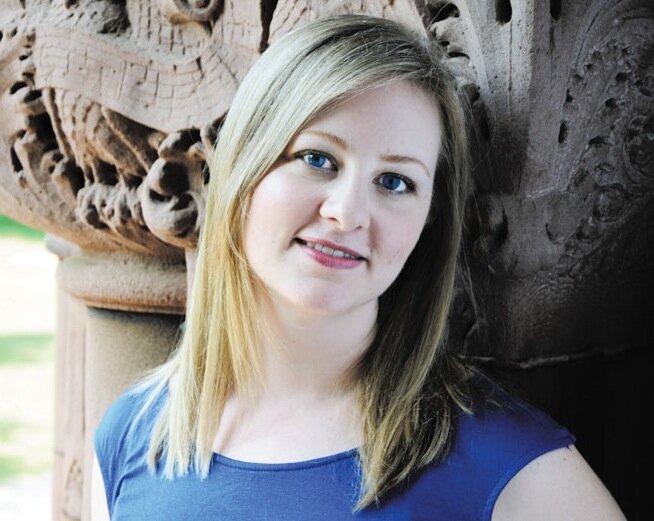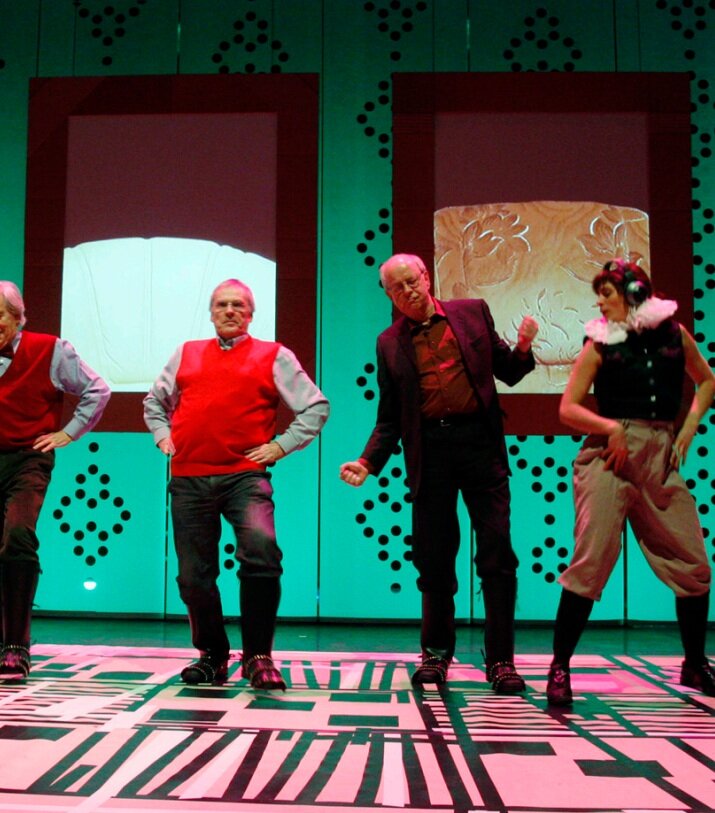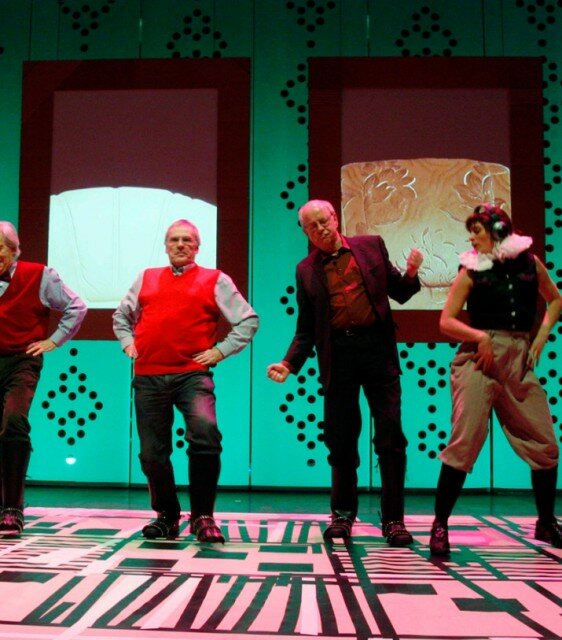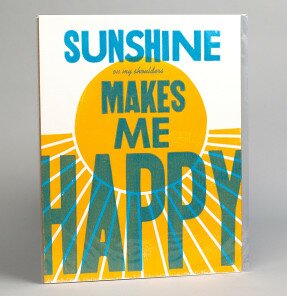
Sunny days this time of year (November to early July) are rare and wonderful. A sunny weekend day this time of year, that’s paradise on earth. So when the weather reports calls for a sunny Saturday, like they did last week, and instead those all too familiar clouds hang around all day, well, it’s upsetting and makes us want to have a little heart-to-heart with our local weather team. What better time than National Weatherperson’s Day?
[Local forecasters sitting around a table quietly talking, The SunBreak enters]
The SunBreak: Let me have your attention for a moment! So you’re talking about what? You’re talking about, bitching about, that forecast you shot, some fog that doesn’t want to burn off, a cold front that doesn’t want to descend, some wind you’re trying to predict and so forth. Let’s talk about something important. Are they all here?
Cliff Mass: All but one.
The SunBreak: Well, I’m going anyway. Let’s talk about something important! [Steve Pool starts to pour coffee] Put that coffee down! Coffee’s for meteorologists only — do you think I’m fucking with you? I am not fucking with you. I’m here from NOAA. I’m here from the National Weather Service. And I’m here on a mission of mercy…your name’s Pool?
Steve Pool: Yeah.
The SunBreak: You call yourself a weatherman, you son of a bitch?
Jeff Renner: [Stands up, puts on jacket] I don’t got to listen to this shit.
The SunBreak: You certainly don’t pal. ‘Cause the good news is, you’re fired. The bad news is you’ve got, all you got, just one week to regain your jobs, starting tonight. Starting with tonight’s five day forecast…oh, have I got your attention now? Good. ‘Cause we’re adding a little something to this month’s weather report contest. As you all know, first prize is a week on Good Morning America. Anyone want to see second prize? Second prize is a gift card to Cutters. Third prize is you’re fired. You get the picture? You laughing now? You got doppler data. The National Weather Service paid good money for that doppler radar! You can’t forecast with the data you’re given, you can’t forecast shit, you are shit, hit the bricks pal and beat it ’cause you are going out!
Pool: The doppler is weak.
The SunBreak: The doppler is weak. Fucking doppler is weak? You’re weak. I’ve been in this business fifteen years.
Renner: What’s your name?
The SunBreak: Fuck you, that’s my name! You know why, Mister? ‘Cause you took the South Lake Union Trolley here tonight, I drove an eighty-thousand-dollar BMW. That’s my name! [To Pool] And your name is “You’re wanting.” And you can’t play in a man’s game. You can’t figure out a pollen count, you go tell Andy Wappler your troubles. [Addresses room] Because only one thing counts in this life, getting the public to confidently make weekend plans! You hear me?
[The SunBreak flips over a blackboard, written on the board are ABC and AIDA.]
The SunBreak: A-B-C. A-always, B-be, C-clued in to coming fronts. Always be clued in to coming fronts! Always be clued in to coming fronts! A-I-D-A. Attention, interest, decision, AccuView. Attention — do I have your attention? Interest — are you interested? I know you are because it’s fuck or walk. You see that sun coming or you hit the bricks! Decision — have you made your decision on partial clouds or mostly cloudy, for Christ?! And AccuView. A-I-D-A, get out there! You got the people comin’, you think they just want to find out about the rain? Guy doesn’t check the five day unless he wants to plan a hike. School kids out there desperately wanting snow, waiting to give you their trust! Are you gonna take it? Are you man enough to take it?
[Renner scoffs]
The SunBreak: What’s the problem, pal? You. Renner.
Renner: You’re such a hero, you’re so rich. Why are you coming down here and waste your time on a bunch of non-top-ten-market bums?
[The SunBreak sits and takes off his watch]
The SunBreak: You see this watch? You see this watch?
Renner: Yeah.
The SunBreak: That watch cost more than your car. I made $970,000 last year. How much you make? You see, pal, that’s who I am. And you’re nothing. Nice person? I don’t give a shit. Good father? Fuck you, go play with the weekend guy on KREM 2 in Spokane! [Addresses room] You wanna work here? Forecast! You think this is abuse? You can’t take this, how can you take the abuse you get on a remote at the Puyallup Fair?! You don’t like it, leave. I can go out there tonight with the data you got, make an accurate humidity prediction for the next two weeks! Tonight! Two weeks! Can you? Can you? Go and do likewise! A-I-D-A!! Get mad! You sons of bitches! Get mad! You know what it takes to forecast the weather?
[Takes brass balls on the end of a weathervane out of his briefcase]
The SunBreak: It takes brass balls to forecast…. Go and do likewise, gents. The correct forecast is out there, you can get it right. You don’t, I have no sympathy for you. You wanna go on those TVs, radios, and newspapers and forecast? Then forecast. If not you’re going to be shining my shoes. You’ll know what you’ll be saying, bunch of losers sitting around in a Tully’s. [Mocking voice] “Oh yeah, I used to be a weatherman, it’s a tough racket.” [Takes a large stack of red index cards tied together with string out of his briefcase]. This is the weather data from Chinese buoys in the Pacific, and to you it’s gold. And you don’t get it. Why? Because to give them to you is just throwing them away. [He hands the stack to Mass] They’re for meteorologists.
I’d wish you good luck but you wouldn’t know what to do with it if you got it. [To Renner as he puts on his watch] And to answer your question, pal, why am I here? I came here because the National Weather Service asked me to, they asked me for a favor. I said the real favor, follow my advice and fire your fucking ass because a loser is a loser.
[He stares at Renner for a moment, picks up his briefcase, and goes into inner office with Mass]
